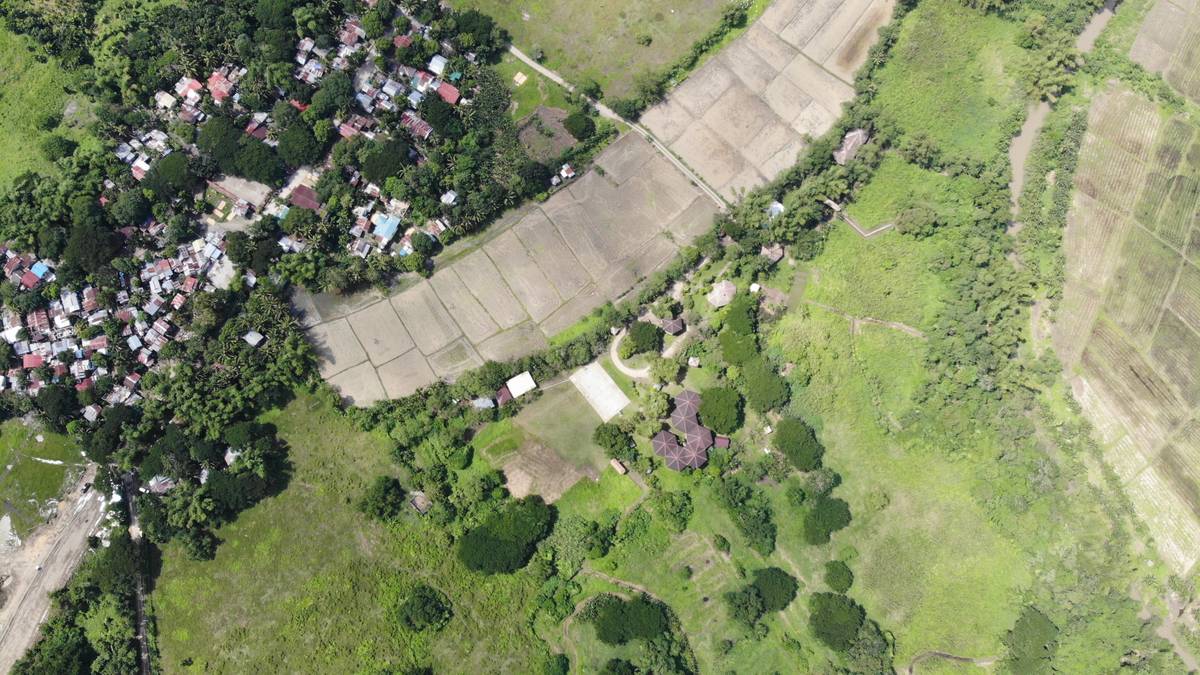
What Is Steiner Waldorf Education?
Steiner Waldorf education has, for more than 100 years, pioneered a time-tested pedagogy that balances artistic, academic and practical work that educates the whole child—hand and heart as well as mind. It has its roots in the spiritual scientific research of the Austrian scientist, educator, philosopher and artist Dr. Rudolf Steiner, who recognized that the whole human body, and not the brain alone, is a vehicle of consciousness with profound implications for education.
Throughout the world, we are we are witnessing the breakdown of qualities such as love, awe, devotion, compassion, trust, the ability to recognize beauty, to discriminate between good and evil, to carry out a chosen course of action—qualities which reveal a person’s character. Children once learned respect for these through their culture, the community in which they lived and its religious traditions. Today, an increasing number of people are realizing that traditional educational methods are resulting in widespread damage to the potentials and capacities of students and are not preparing them to join society as self-directed, creative, responsible, compassionate human beings.
In many "modern" schools, children are mostly forced into over-exercising their reasoning faculties through high-stakes testing while ignoring the emotional, spiritual, and artistic aspects of their being. In many students, this induces stress or exhaustion; in others, it can lead to loss of meaning and purpose and even to depression. In the Philippines, media is filled with stories showing deficiencies in math, science, and English performance, high dropout rates, limited creative thinking, lack of meaning and purpose, and loss of moral depth and responsibility, addiction and suicide, just to mention some of the more prominent problems in education.
Fortunately, alternatives exist. Through innovative methodologies and a developmentally-oriented curriculum, permeated with the arts, Steiner Waldorf education addresses the child’s changing consciousness as it unfolds, stage by stage. Imagination and creativity are cultivated as well as emotional health, cognitive growth and a sense of responsibility for others as well as for the earth. This is reflected both in what is taught in each class and in how it is taught. In the kindergarten the cultivation of the ability to play allows a child to develop imagination. In the Lower School the process through which the pupil becomes conscious of the world is supported and guided by the teacher. Passing through the tumultuous time of adolescence, the ability to think independently awakens in the young person. In the Upper School each one is challenged to exercise this new capacity. Steiner Waldorf education is considered by many to be one of the most advanced educational systems in the world today.
Modern research is slowly catching up with aspects of the Steiner Waldorf pedagogy through recognition of multiple intelligences, the emotional quotient, awakening latent moral and spiritual capacities, and other approaches that have been a part of the Steiner method since its inauguration by Dr. Rudolf Steiner in 1919. Currently more than 1200 schools (and over 2000 early childhood initiatives) in more than 60 countries demonstrate how this comprehensive approach has crossed religious, cultural and ethnic boundaries through its emphasis on the development of full universal human potential. Dr. Steiner declared as the highest endeavor of teachers “to develop free human beings, who are able of themselves to impart purpose and direction to their lives.
The healthy, well-educated adult, then, is someone who comes to place the intellect alongside human will and feeling as essential aspects of what it means to be truly human. To learn more about Steiner Waldorf Education, kindly refer to our articles section where you can access background material on the principles and practice of Steiner or Waldorf Education. You may also wish to explore further the kindergarten, grade school and high school programs of GCWS.